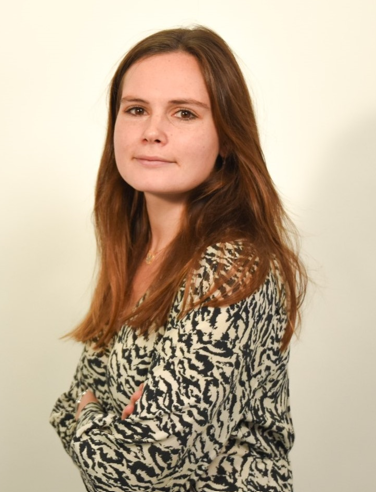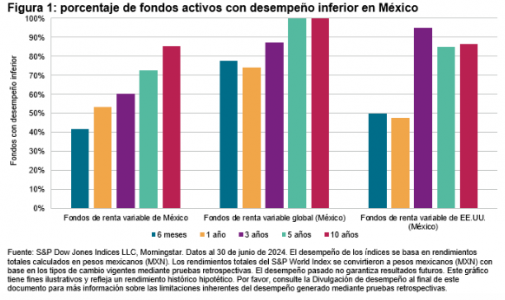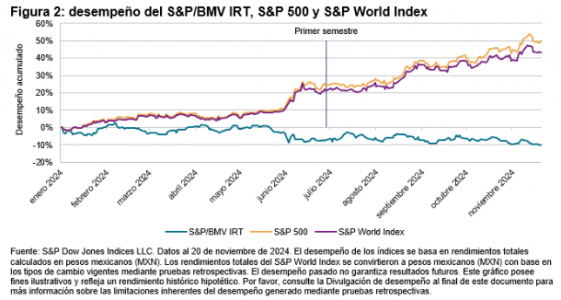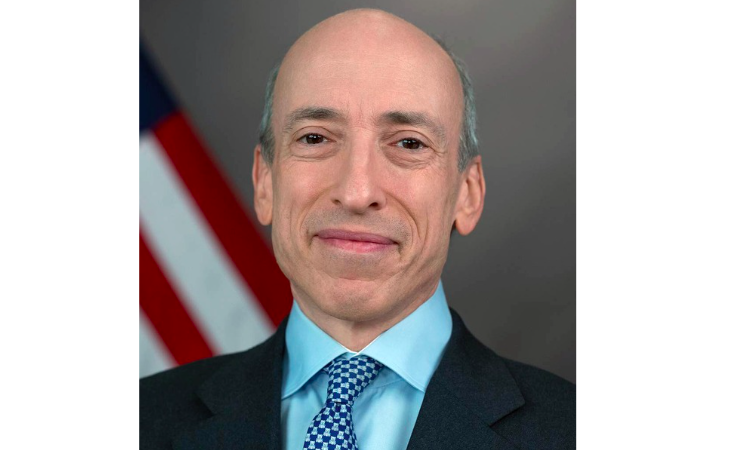Jose Luis Blázquez Vilés Founds the Wealthtech ALVUS
| By Amaya Uriarte | 0 Comentarios
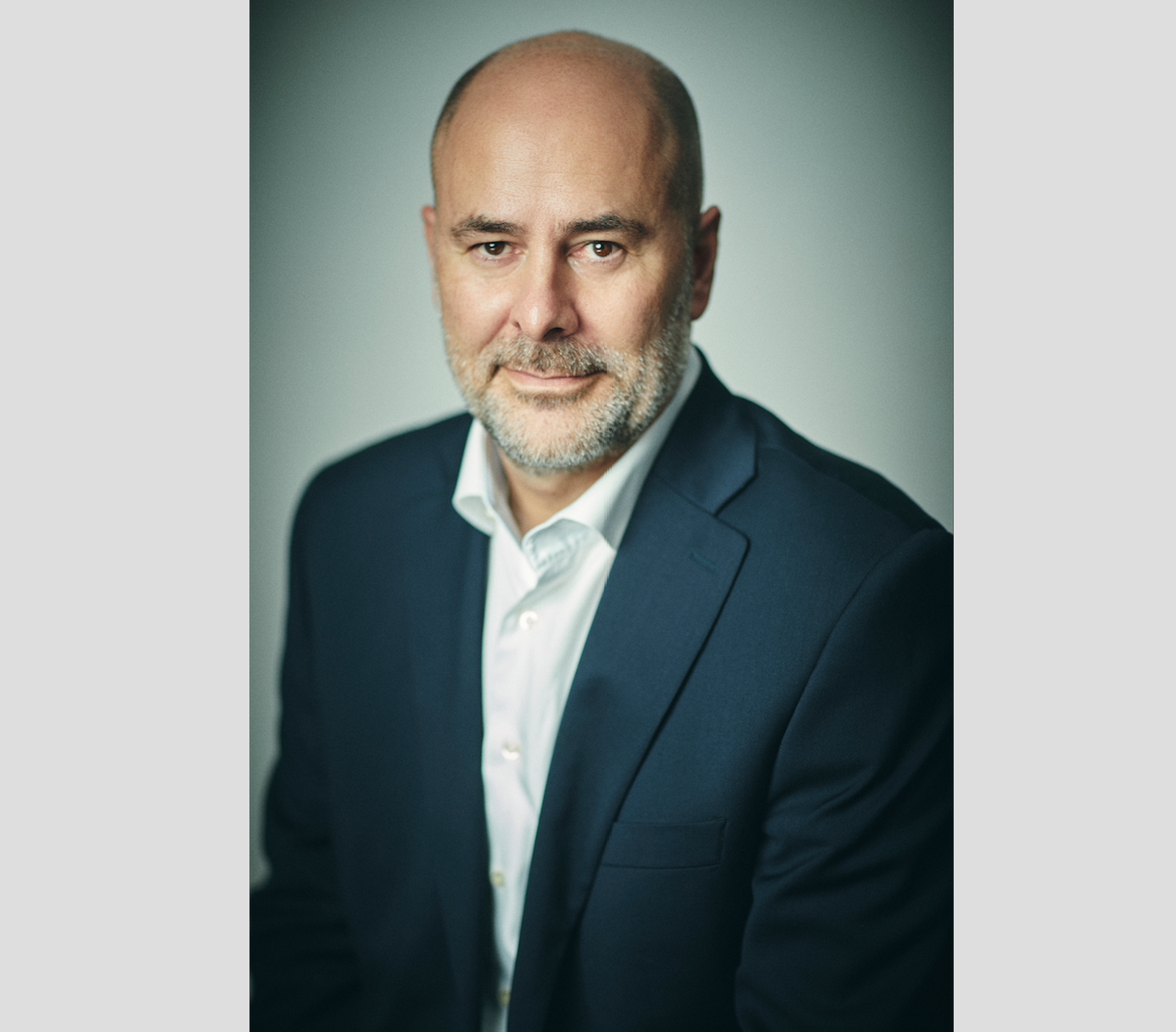
José Luis Blázquez Vilés has founded ALVUS Wealth Tech Wisdom, a SaaS (Software as a Service) platform designed to provide technological services for aggregating, monitoring, and managing the wealth of unregulated entities such as single family offices, religious congregations, associations, or foundations in Spain and Latin America. ALVUS currently serves single family offices in Spain, Peru, and Panama.
Most clients of this type rely on Excel-based processes. ALVUS aims to help them optimize these processes by reducing costs and increasing profitability and productivity. For example, single family offices can automatically integrate any type of asset—liquid or illiquid, active or passive—from any financial entity or jurisdiction. The platform offers global or partial reports, document management, automated accounting, tax reporting, document archiving, among other services. Additionally, ALVUS provides tools for cost control with financial entities, risk management, and asset recurrence control, including a “look through” of the total wealth of families or individuals by entity or overall.
ALVUS is a fully independent company, unaffiliated with any financial entity, and boasts over 200 connections with custodial banks and asset managers. Eighty IT professionals support the project.
ALVUS is part of a platform that already provides services to regulated entities in Spain (under CNMV) and Latin America (regulated by local market authorities). ALVUS clients benefit from the expertise and reliability of this platform, which serves securities and brokerage firms, banks, investment firms, fund managers, and more, without depending on external wealth management or advisory services.
Blázquez was the founder of Beka Values Private Banking (now Beka Finance Private Banking) and the creator of the ACUA Private Banking Project. He was also the Director of the External Advisors and Managers Model for Spain and Latin America at Andbank. He has held roles at Inversis Banco, including Director of the Independent Financial Advisors Network and Business Development, and served as Director of Asset Management for Spain and Portugal at Dresdner Bank. Other roles include positions at Renta 4, Dresdner Kleinwort, CECA London, Garban Europe London, and Renta 4 Securities Company.
Blázquez holds a degree in Business Administration with a specialization in Quantitative Methods from the Autonomous University of Madrid. He has obtained multiple postgraduate qualifications, including a Master’s in Financial Markets (Autonomous University of Madrid), a Master’s in e-Business (Instituto de Empresa), an Executive MBA (ESADE), a Management Development Program (IESE), a Fintech Program (ESADE), and a Derivatives Program (INSEAD). Additionally, he holds certifications such as Chartered Financial Technician (CFTe) and EFPA.


